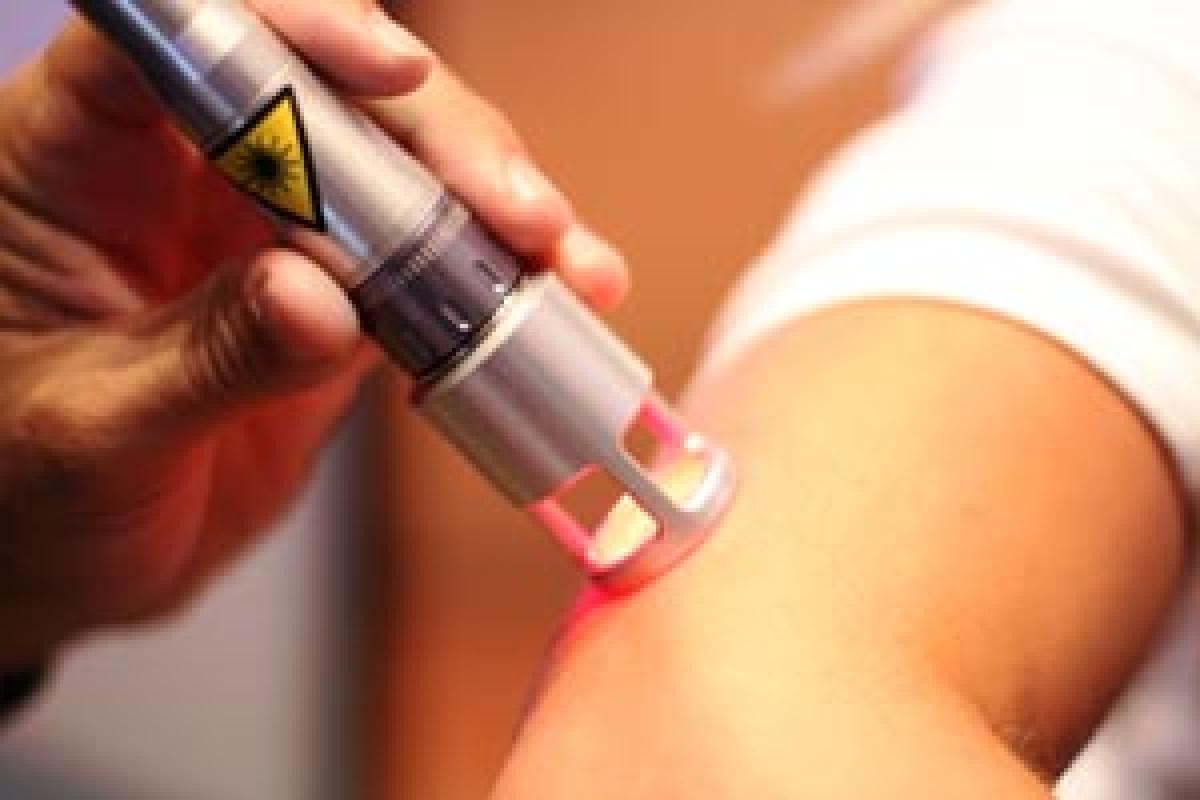Laser heat could improve prostate cancer treatment

Researchers have found that an experimental treatment the precise application of heat via laser to a tumour is not only feasible and safe in men with intermediate risk of prostate cancer but can also help avoid certain side effects associated with conventional treatment.
Researchers have found that an experimental treatment the precise application of heat via laser to a tumour is not only feasible and safe in men with intermediate risk of prostate cancer but can also help avoid certain side effects associated with conventional treatment. Historically, prostate cancer has been treated with surgery and radiation, which can result in serious side effects such as erectile dysfunction and urinary incontinence.
The new study, published in the Journal of Urology, found no serious adverse effects or changes in urinary or sexual function six months after the procedure. The technique uses magnetic resonance imaging, or MRI, to guide the insertion of a laser fibre into cancerous tumours. When heated, the laser destroys the cancerous tissue.
"This focal therapy provides a middle ground for men to choose between radical prostatectomy and active surveillance, between doing nothing and losing the prostate," said study senior author Leonard Marks, professor of urology at University of California, Los Angeles. "This is a new and exciting concept for prostate cancer treatment," Marks noted.
The laser treatment is not yet approved for use in prostate cancer by the US Food and Drug Administration. A follow-up study, presented earlier in a poster presentation at the American Urology Association meeting, showed the potential to transfer this treatment for the first time into a clinic setting, using a special device (Artemis) that combines both MRI and ultrasound for real-time imaging.
If the laser technique, known as MRI-guided focal laser ablation, proves effective in further studies especially using the new MRI-ultrasound fusion machine it could improve treatment options and outcomes for men treated for such cancers, Marks noted.


















